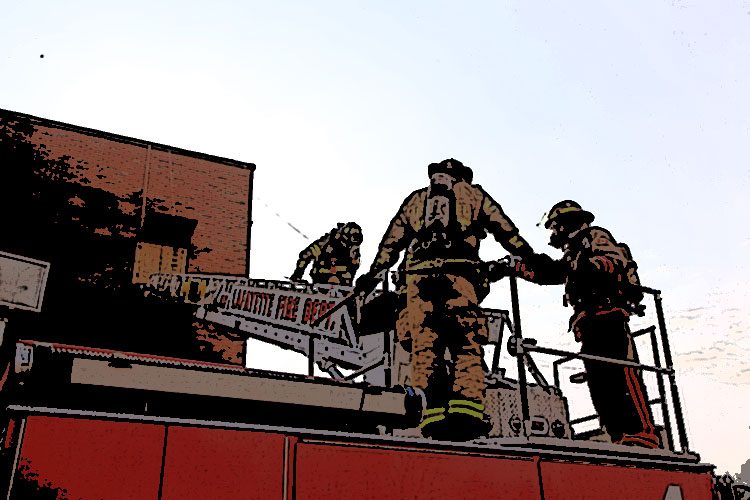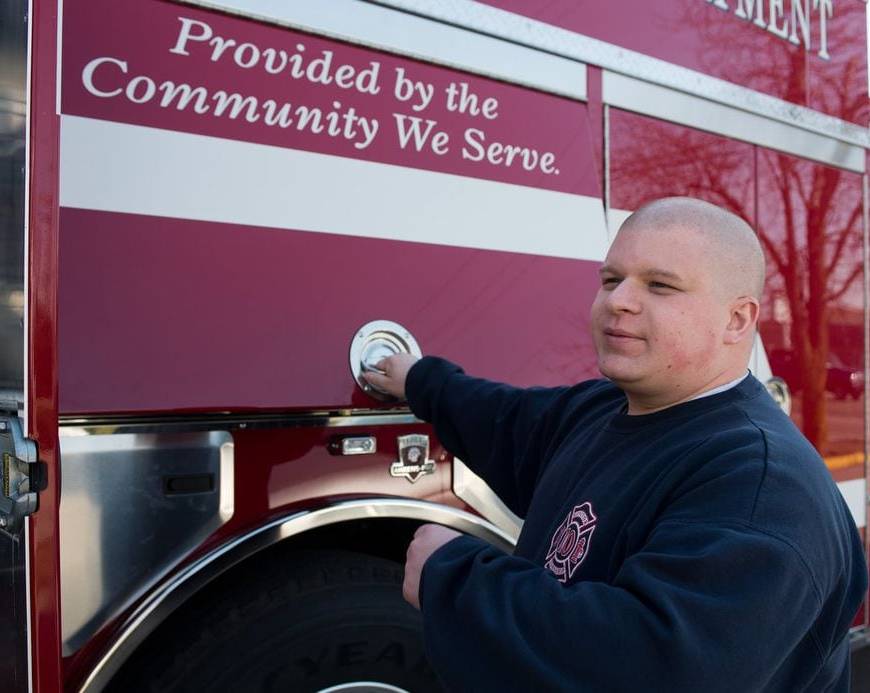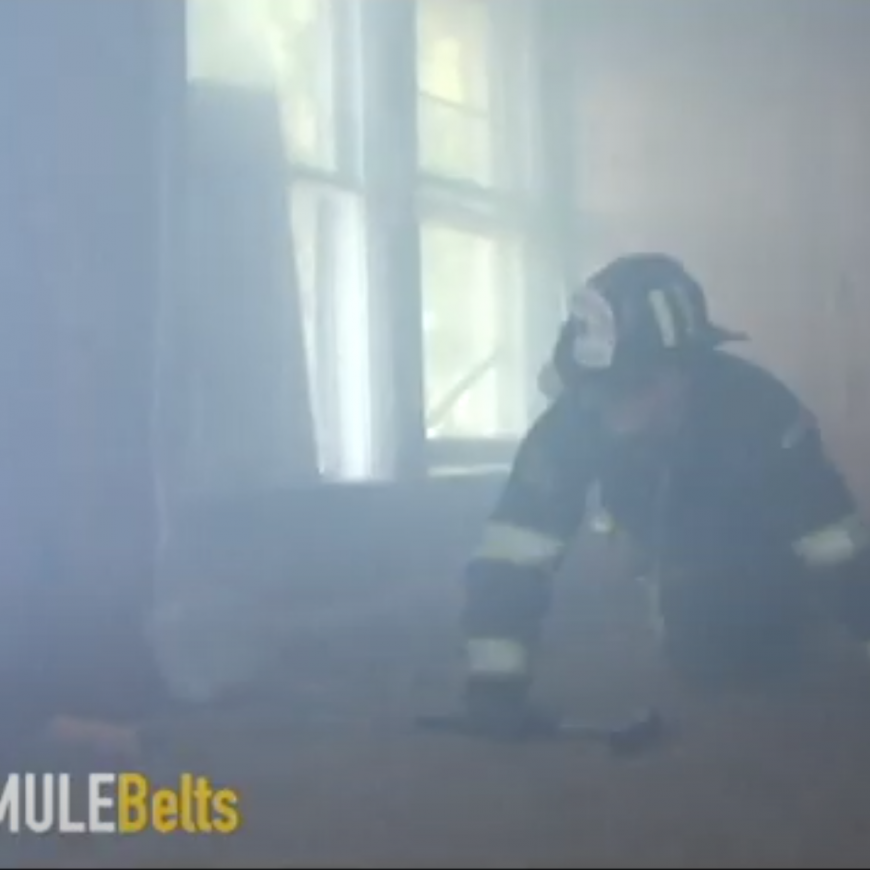Focus on FDIC International 2019
By R. P. Mortenson
Colonel R. P. Mortenson, the director of the Illinois Fire Service Institute (IFSI), University of Illinois- Urbana/Champaign, will present “Crisis and Leading When It Counts” at FDIC International 2019 on Thursday, April 11, 3:30 p.m.-5:15 p.m. To Colonel Mortenson, “leaders must understand the importance of both themselves and the men and women they lead being mentally, morally, and physically prepared for the challenges of high-risk incidents and crises. Success in a true crisis or catastrophic incident is determined not just by skill and proficiency. Success will hinge a great deal on the mental, moral, and physical preparation conducted long before the incident occurs.” This vision of preparation is evident in the IFSI curriculum and how it accomplishes its mission.
In a recent interview, Colonel Mortenson related the following concerning “preparing firefighters/officers for the mental and moral challenges relative to an extreme event or undertaking.”
Including challenging leadership and decision-making training in the curriculum increases the effectiveness, timeliness, relevance, and the quality of decision-making at every level—firefighter, company officer, and chief officer. Leadership and decision-making instruction in the classroom rarely challenges the student anywhere near the level of actual decisions in the field. From my years in the Marine Corps, I have found that good leadership and decision-making is a trainable skill!
The fire service in general does a great job of training and education in tactics, techniques, and procedures (TTPs). This is not surprising since the fire service is a hands-on profession. However, the fire service does a generally poor job of preparing firefighters/officers for the mental and moral challenges—particularly as they relate to an extreme event or undertaking. This is not unusual. Most professions focus on training people in the TTPs, the ‘how’ or the ‘what,’ because it is important, of course–but also because it is easy!
It is difficult to design/develop training that challenges the mental and moral aspects and impacts of the tasks/mission. How do you design and execute training that gets at mental toughness, mental flexibility, moral courage, moral resiliency in a way that forces the student to expose weakness and work to improve? The mental and moral components of a high-risk profession are critical and yet are generally neglected. Students will see how the mental and moral aspects of the fire service profession can and should be trained to just as vigorously as fireground TTPs, which is a moral imperative for leaders.



